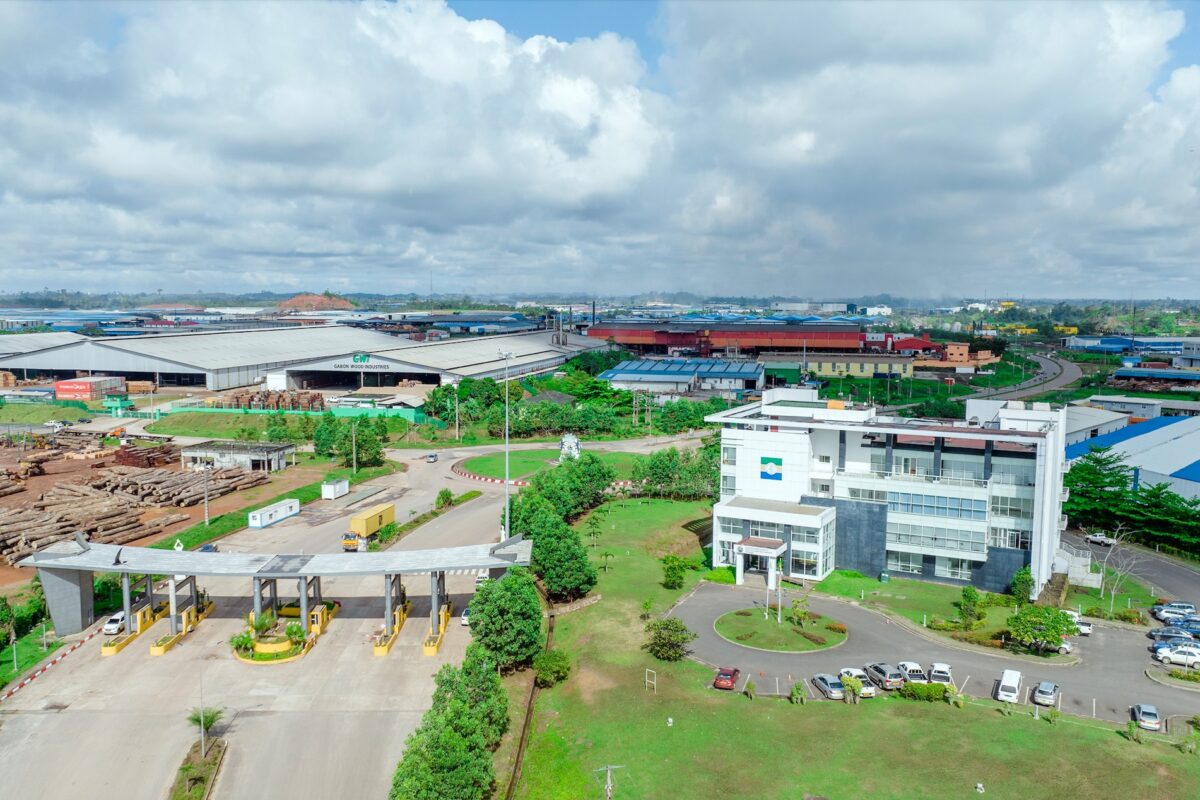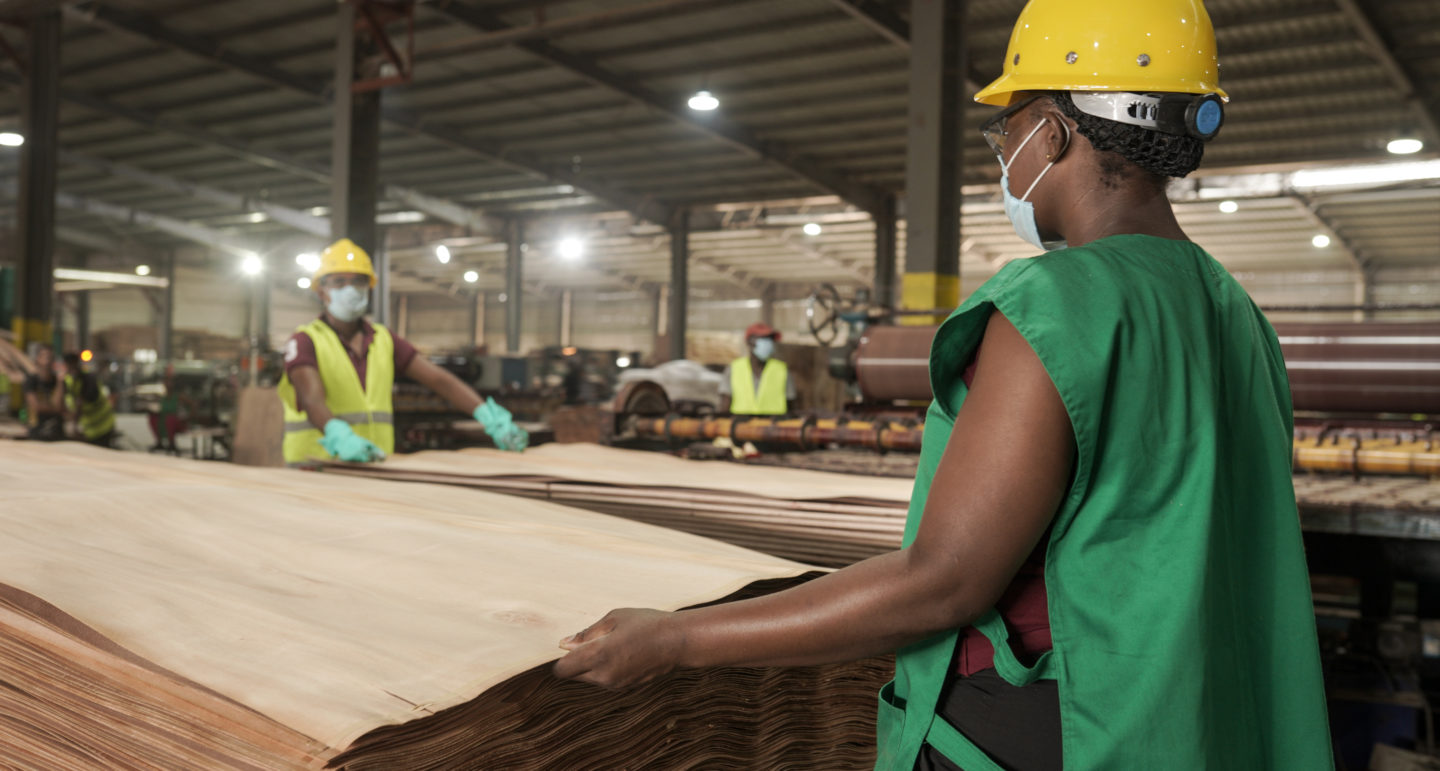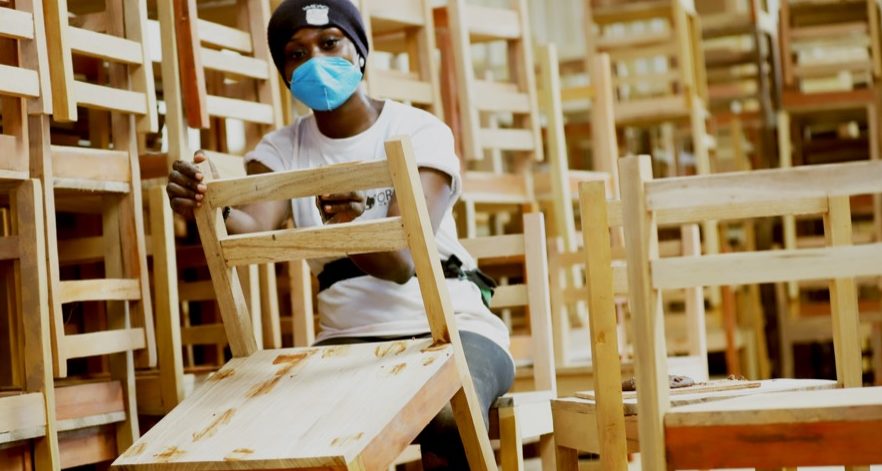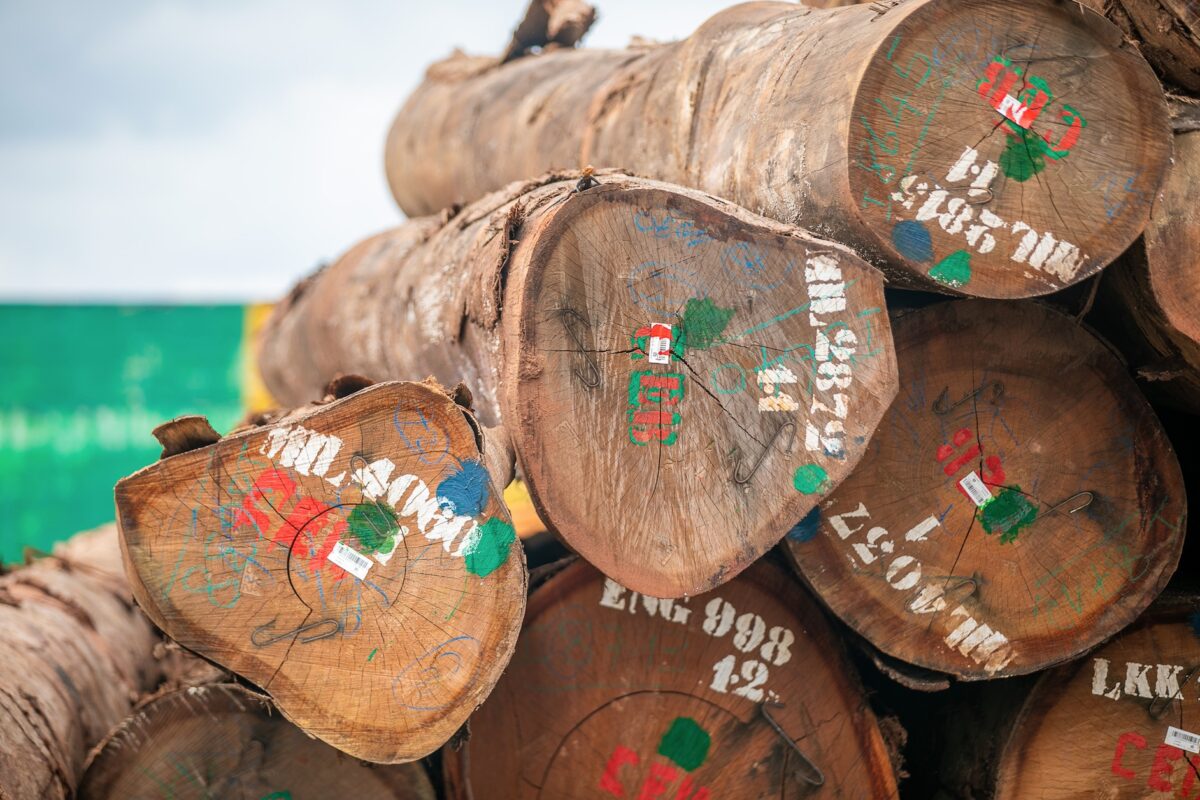Can industrial timber manufacturing really be sustainable? Gabon certainly thinks so.
Discussion details
A sprawling, dusty industrial complex nearly 30 km from downtown Libreville, the capital of Gabon, seems an unlikely setting for a revolution in the global timber trade.
Vast factories stretch into the distance, while all around the air is filled with the noise of giant sawmills.
A steady stream of articulated trucks deliver endless supplies of tree trunks freshly felled from nearby tropical hardwood forests. It’s a sight to alarm any conservationist - yet the Nkok Special Investment Zone (SIZ) is playing a pioneering role in sustainable wood production.
Gabon has 23 million hectares of forest - that’s 88 percent of Gabon’s entire territory. “All the forest needs to be managed,” explains SIZ Director General Mohit Agrawal in a recent interview. “To ensure the preservation of our forests, we have been allocated logging concessions, which have quotas imposed on them. This allows the forest to regenerate and grow.”
With 12.5 million ha of sustainably managed forests containing over 400 species of trees, Gabon is fast making a name for itself as the poster child of sustainable timber production. The country boasts an average deforestation rate of less than 0.1 percent over the last three decades, and is one of only a handful of nations to be designated a high-forest, low-deforestation (HFLD) country.
The scale of the operation at the Nkok SIZ is mind-boggling. It was set up in 2010 and is now home to nearly 90 companies involved in timber processing. More than 6,000 people work here, producing everything from hand-made bespoke furniture destined for high-end European and US interior design stores to millions of square metres of tropical veneer. Another 20 companies extract, saw and store around 40,000 cubic metres of wood every month in their own specially-constructed 40 hectare compound. In 2021, more than a million cubic metres of wood was processed here.
Yet despite the vast scale of the SIZ, it only represents less than half half of Gabon’s timber processing industry. Many companies - among them FSC-certified European businesses with their own sawmills - have chosen to remain based in more remote forest areas. Not all of these facilities, however, can boast Nkok’s capacity for recycling wood waste - in the SIZ, for example, a new company has been set up to recycle waste timber into particle board for making furniture.

Gabon has some serious claims to sustainability - driven by a combination of voluntary certification schemes such as FSC, and increasingly by mandatory due diligence requirements. Gabon banned the export of logs in 2009, tripling the annual value of its timber exports to around one billion euros. It was the first country in Africa to receive results-based payments for reduced emissions from deforestation and forest degradation through the UN Central African Forest Initiative (CAFI).
Gabon was also the first country in the Congo Basin to adopt the Pan African Forest Certification (PAFC) scheme, which certifies sustainable forest management and the traceability of wood from the forest to the final product. Wood processed at the Nkok SIZ is tracked from the time it enters the complex until it reaches the first processing unit, using TraCer-Nkok, a tracing system specially developed to comply with EU laws on importing timber products. Every single log entering the SIZ is registered in a database to ensure full traceability. “The challenge in Nkok is timber traceability. The SEZ must be kept free of illegally obtained timber,” says Marc Ona, Executive Secretary of Brainforest, an NGO which is part of the team implementing TraCer.

Out in the forest, Steeve Mbadinga - who is employed by the SIZ to monitor traceability - points to a freshly-sawn tree stump. “You can see there on the stump a forestry number which must stay in place to allow us to trace the wood. There’s a corresponding number on the trunk, so we have a direct link between the tree stump and the timber.”
Following TraCer’s lead, the Ministry of Water and Forests is currently launching a traceability system for wood products across the whole of Gabon, led by the Agency for the Execution of Forest-Wood Sector Activities (AEAFFB) in partnership with the Environmental Investigation Agency (EIA).

The EU and Gabon signed a Forest Partnership confirming their commitment to strengthen their collaboration on sustainable forest management (SFM). The aim is to increase the area of protected, restored and sustainably managed forests, create sustainable jobs and reduce deforestation and includes commitments to work with indigenous communities and civil society organisations.
Back at the Nkok SIZ, Head of Quality and Certification Angone Tang speaks with pride of what has been achieved over the past decade. “The Special Investment Zone today employs many thousands of Gabonese people - and on top of that there are numerous small sub-contractors who benefit both directly and indirectly.”

In a country where around a fifth of the working population is unemployed, the SIZ is a major contributor to Gabon’s social and economic wellbeing. One of those to find a secure job here is Nina Benga Walangoye, who works for Gabon Wood Industries - one of the SIZ’s biggest employers which also owns a 400,000 ha forest concession. “My life has changed a lot,” she reflects. “Before it was difficult - I didn’t have much and I couldn’t pay my son’s school fees. Since I have been working here it’s been much better. I can pay for his education and pay my rent.”
As well as providing much needed jobs, workers at the SIZ are proud of their contribution to Gabon’s sustainable economy. “We process wood from Gabon here, and it gives me a great deal of pleasure to be working to transform timber from Gabon here in the country instead of shipping it abroad,” says Marco Kakamel, who works at the Woodville furniture factory. “We have even made more than two thousand desks for schools in Gabon.”
Sources
https://www.youtube.com/watch?v=xTB9sGmV9Go
https://www.youtube.com/watch?v=1sbrGfTNR5A
https://www.youtube.com/watch?v=ghf4Vr3vg8U
https://www.youtube.com/watch?v=2GCDawiS_Cs&t=137s
https://www.youtube.com/watch?v=d7_7BOlxsJI
https://news.mongabay.com/2023/05/corruption-threatens-timber-traceability-in-nkok-gabon/
https://gsez.com/media-center/
https://www.ariseiip.com/project/gsez/
Photos
- Aerial view of the Nkok SEZ, Gabon ©GSEZ
- Plywood manufacturing in the Nkok SEZ, Gabon ©GSEZ
- Furniture manufacturing in the Nkok SEZ, Gabon ©GSEZ
- Tagged logs awaiting processing at the Nkok SEZ, Gabon ©GSEZ
Log in with your EU Login account to post or comment on the platform.